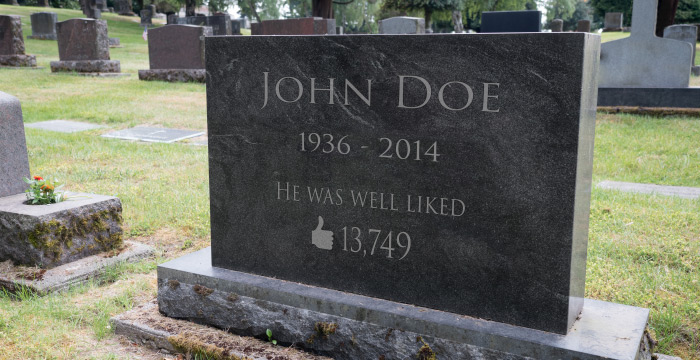The Slippery Slope of Integrity
When you see lists of the most important personal characteristics in a CEO (or senior executive), the most common criteria is impeccable integrity. Integrity is more important than past performance and/or future vision, and it is easy to understand why.
Trust is a huge factor in granting responsibility and fiduciary obligation. Most CEOs have little direct daily oversight and must be trusted to set the tone of integrity for all others in the company. The consequences of dishonesty can destroy a brand reputation, and eventually, the entire enterprise.
What is integrity?
Integrity is far more complex than the dictionary definition of “adherence to ethical and moral principles.”
Each time I find myself losing trust in someone, I ask myself, “are the symptoms an indication of incompetence or a lack of integrity?” The actual outcome might be the same, but in my mind, a flaw of integrity is a more unforgivable sin. And rightfully it should be, because integrity issues result in problems continually being repeated and lack of a learning curve. Integrity, or lack thereof, is an embedded issue that is extremely hard to change.
My “integrity ladder” rates this trait in executives from fatal to marginal.
Stealing or direct lying for personal gain: This is a no-brainer—there is no reason to spend a large amount of time trying to figure out how to fix this issue even in the most talented individuals. Regretfully, there are organizations that value the individual’s results more than this moral principle; however, it eventually catches up with them.
When Justice Department investigators create sentencing guidelines, they often rate ‘tone at the top’ highly, which is the executive tolerance to dishonesty in return for profit. Not only should you avoid promoting this behavior, but you should also get rid of […]







